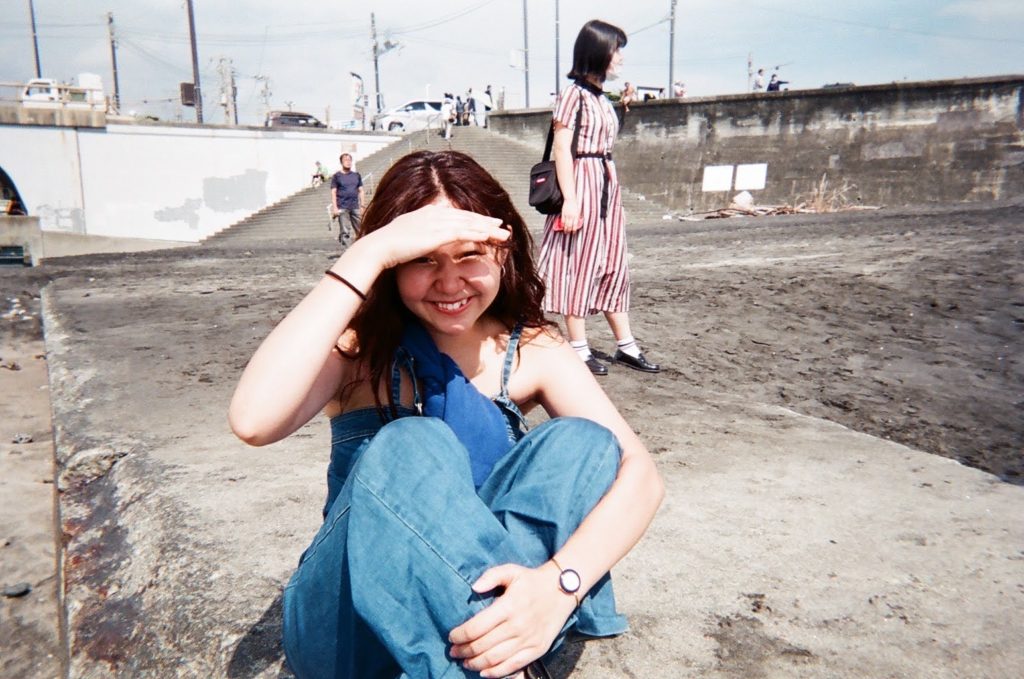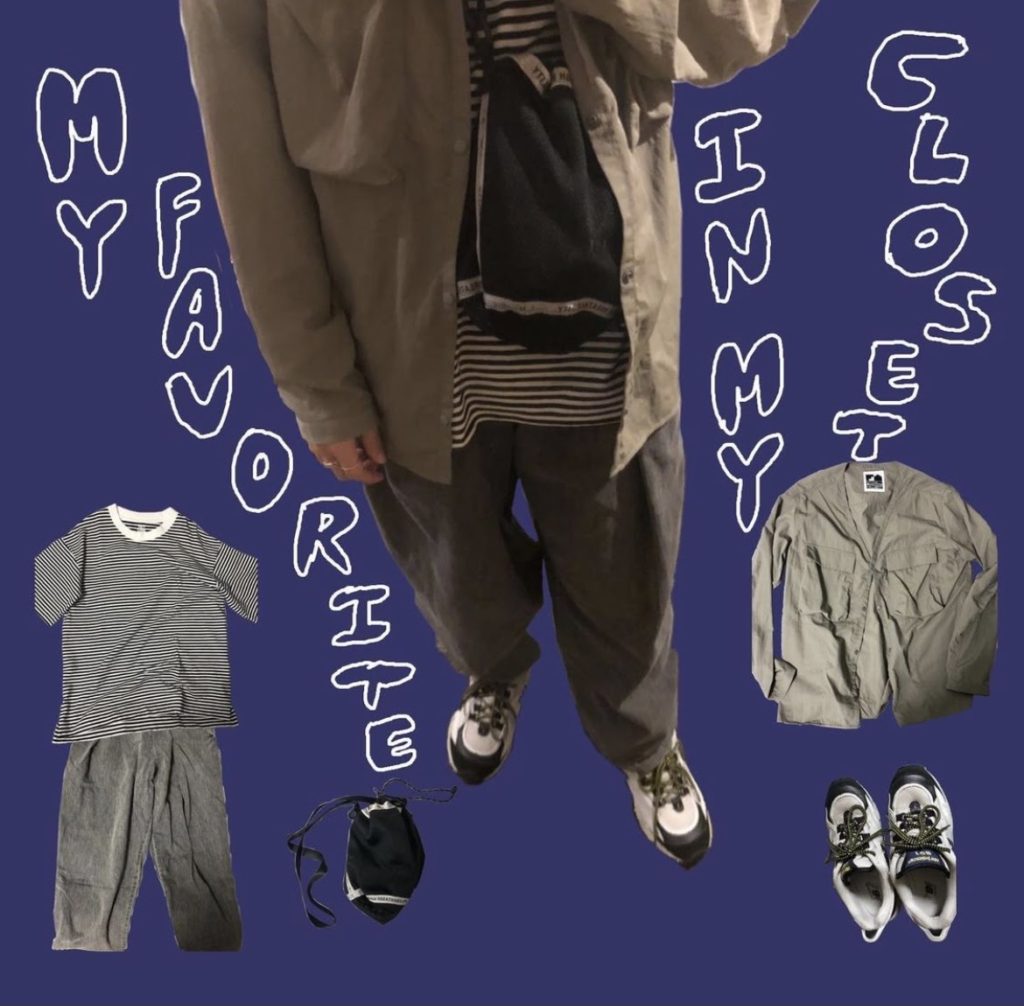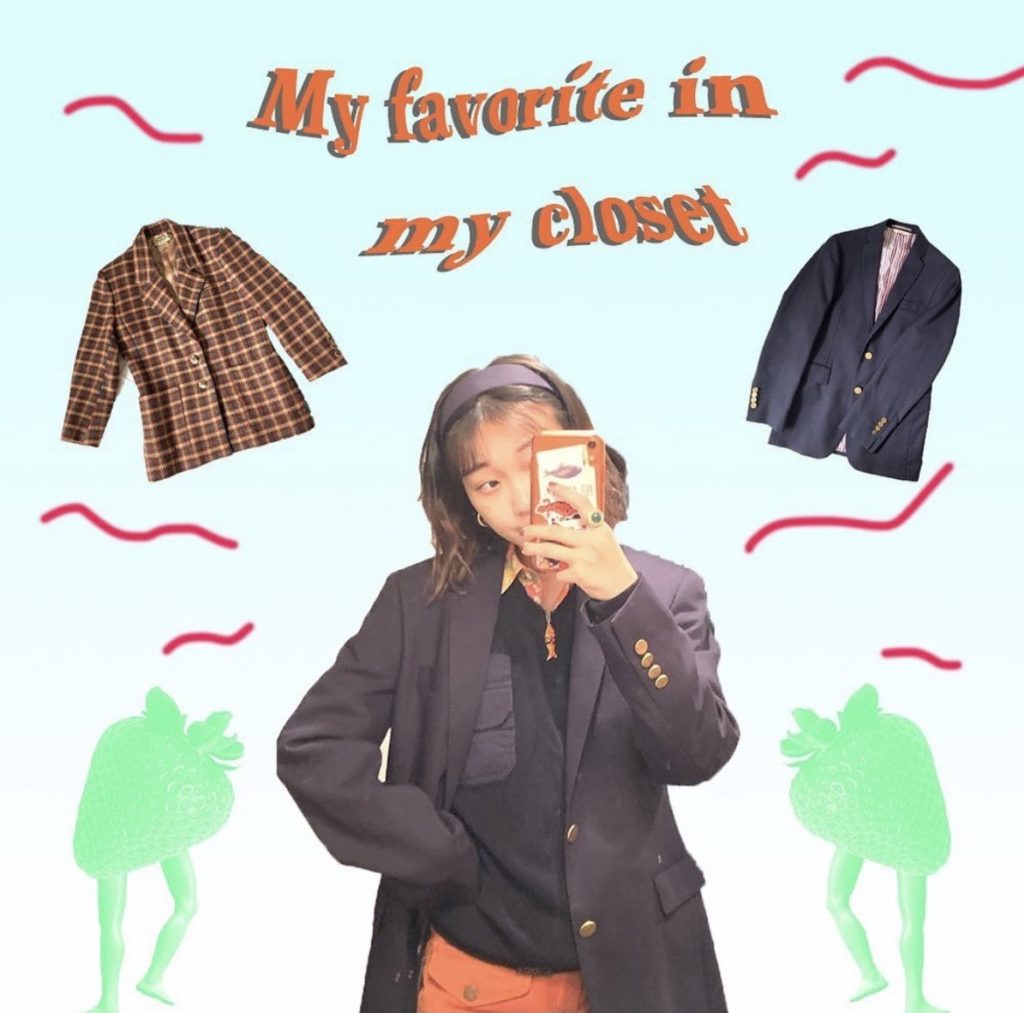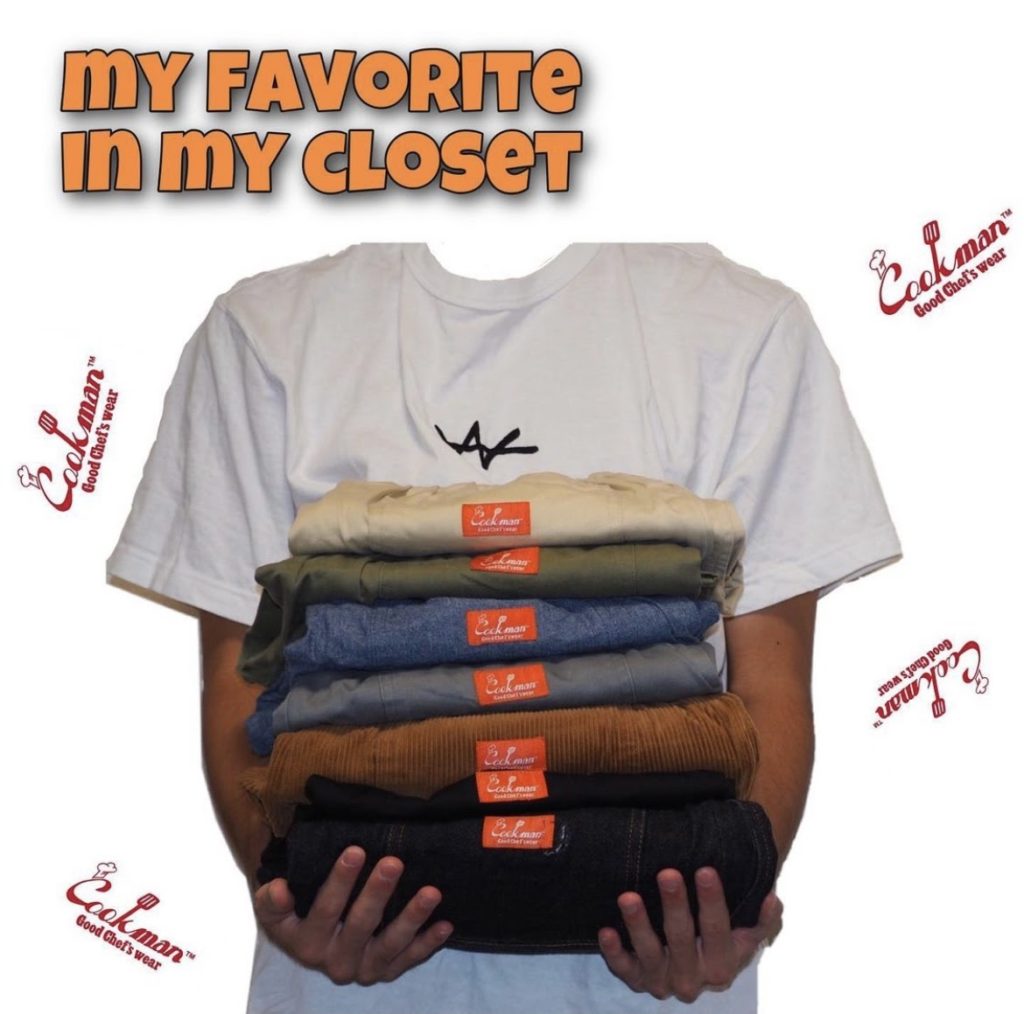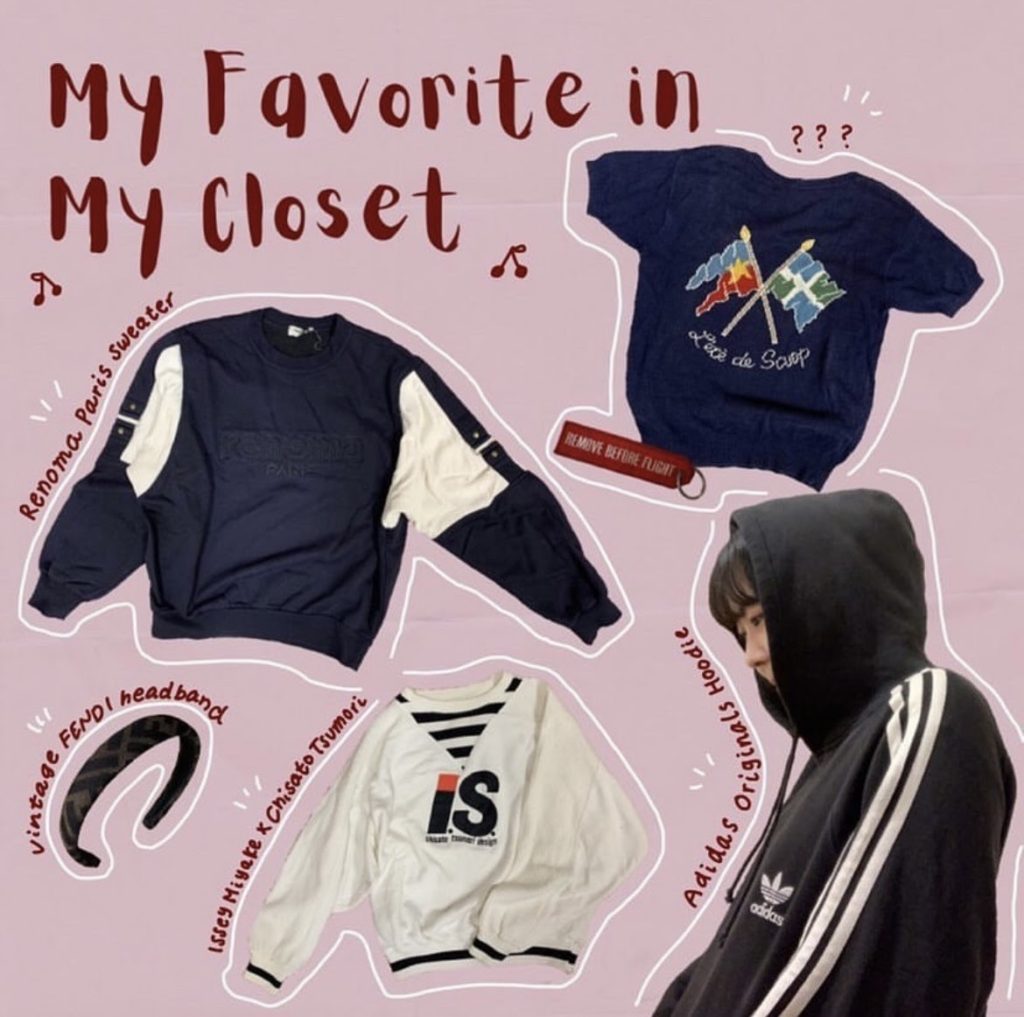How to Find Your Value and Own It: An Interview with own!t founder Hotori Uemura | Part2
Following up from last week’s interview no. 20 part 1, this article will continue to focus on Hotori Uemura, founder of own!t, a group that holds flea markets and produces their own podcast.
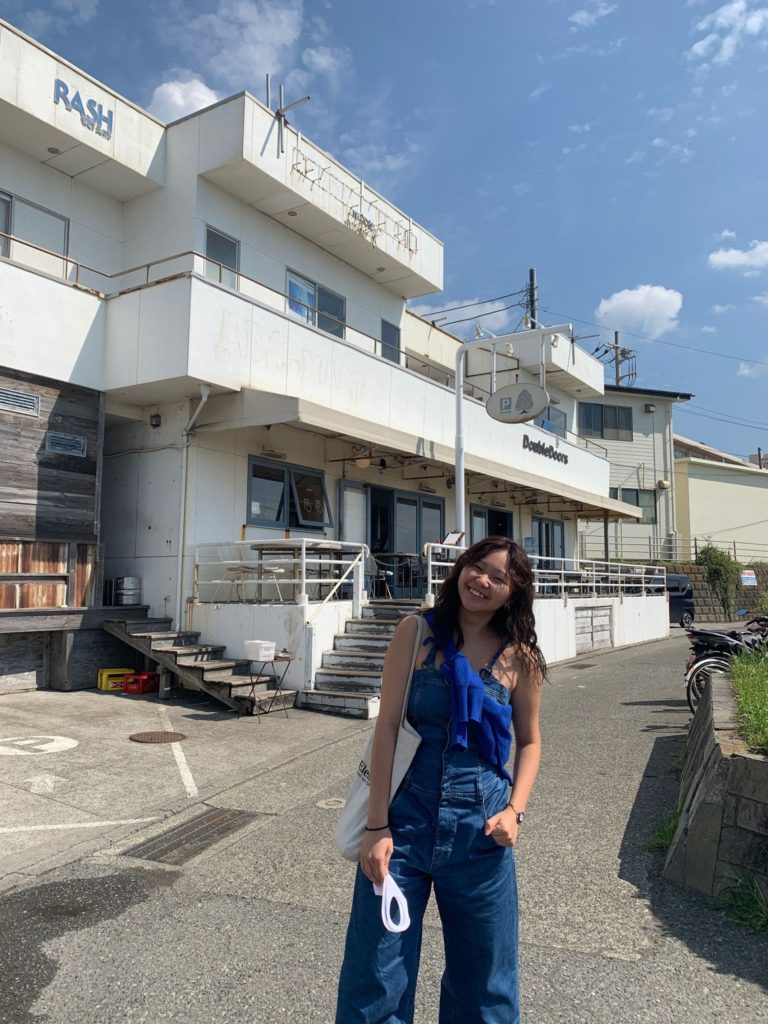
In part 1, Hotori discussed the creation of own!t, her experiences in a service learning program, and difficulties she has faced running an organisation.
In part 2, she talks about how the group manages their podcast and Instagram account, when she feels a sense of accomplishment, and life lessons from studying abroad in Australia for three years in high school.
Hotori, who enjoys watching movies and TV shows, also shared her own movie recommendation. Read the full article to find out!
ーーYou mentioned in part 1 that you aim to spread positivity on social media. Can you tell us how you do it?
Our first Instagram project was to have people showcase their favourite items in their closet. We usually see magazines and models doing this. But it’s much more interesting when our friends and fellow ICU students introduce their favourite items on one Instagram account, as viewers can relate more easily. We also had our followers participate in the project, as well as our own members, which I think made it even more interesting, and rewarding for those that did participate. This was our first interactive project.
I understand not everyone has the capacity to consider this, but I think it’s nice learning about other people’s preferences, because it provides a chance to reconsider your own preferences. I hope we were able to provide even just two minutes in our followers’ daily lives to do this.
ーーWhy did you decide to start a podcast in addition to Instagram and flea markets?
It’s true we discuss our thoughts on mental health and body positivity on social media. But on Instagram, people tend to look at the photo and compare their bodies and physical features with what they see in the photo. Most people will like the post and not read the caption, but our message is often written in the caption. I wanted something people can listen to in transit, so I brought together some members and we started recording our podcast.
There’s no script or editing; it’s all a single take. We want listeners to feel like they’re eavesdropping on a conversation among a group of students of roughly the same age, in a very casual way.
ーーown!t seems to have a devoted follower-base, and you mentioned that the first flea market was a great success. When do you feel a sense of accomplishment?
During group discussions in class, for example, I’ve had people I’ve never met tell me they’ve seen our Instagram posts, which makes me very happy. We often talk about how it’s a good source of motivation, because it means our posts are reaching a wide range of people outside of our friends and family.
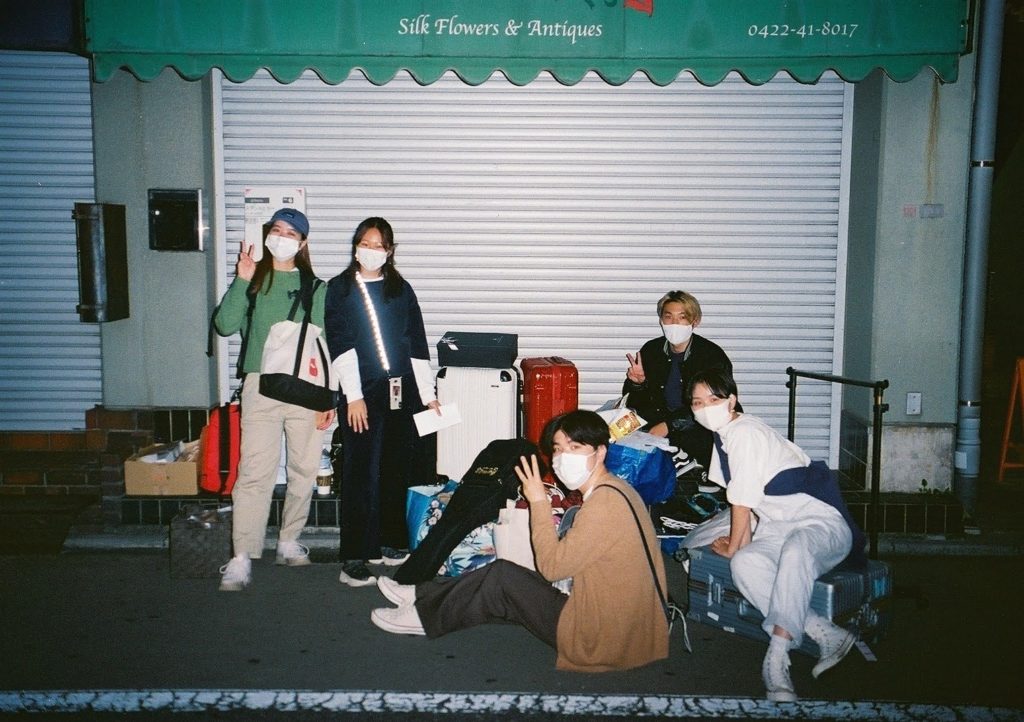
ーーPeople often consider activism to be a lot of work and commitment. How do you balance activism with school work and part-time work?
Our activities are quite irregular, but a long interval will affect our members’ motivation and our viewers will become bored or forget, so I try to plan something at least once a month. I usually find some free time during work breaks and on the train to plan our next project. When there’s nothing going on, our LINE group chat stays silent, so I also make sure to send messages and get our members moving. But it’s really laid back mostly; I work on projects when I find some spare time.
ーーWhat is something you want ICU students to know?
We all tend to hide our true selves and try to be likeable, which means we become what other people want us to be, not who we actually want to be. This is especially the case for job-hunting: it’s hard enough finding the right job, but we also feel the pressure as ICU students to become globally active members of society, to become what others need us to be. But in the end, it’s your life. The coronavirus has somewhat restricted our freedom, but I want people to find and pursue what they really want to.
Of course, to achieve this we may need to do things we don’t want to do, although it is necessary. From my experience, we can look forward to a bright future as long as we put in the effort, so I hope more people will follow their heart and not give up the pursuit for an exciting future!
Because ultimately, we get to decide our own futures.
ーーThat’s very inspiring! Have your own past experiences influenced your thoughts on this?
I played soft tennis from 2nd grade in elementary school to 3rd grade in middle school, and I was very good at it. I was planning to carry on doing tennis in high school, but when I managed to beat an opponent I had never beaten before at my last match in middle school, I felt fulfilled and didn’t feel the need to pursue tennis in high school anymore. The problem was, I didn’t have many accomplishments other than tennis, and I didn’t know which high school to go to or what to do from then on.
During that time, my older brother was studying abroad in Australia. I had always said I don’t ever want to follow the same path as my brother, but I was interested in going overseas, so I eventually ended up studying abroad in Sunshine Coast, Australia for high school for a total of three years and nine months. My middle school-level English was quite a mess back then! But looking at my brother, I knew I would be able to make friends and have fun with some effort, so I studied English really hard. I made friends I’m still in contact with, and made some really good memories.
Doing what you have to do but don’t want to do is tough, and it’s a lot of work. But it was my decision to study abroad, and I knew that if I put in the effort, it would pay off. My middle school teachers and tennis friends probably thought it best that I played tennis in high school as well, but I’m glad I followed my heart and made the decision to go abroad. It’s why I’m in ICU right now. That’s how I came to believe that there’s no end-date to achieving your goals, and that effort pays off in the end.
ーーYou founded own!t in March of your second year at ICU. Why do you think it’s important for university students to become activists, or to take an interest in social issues?
Being a student activist makes it easier to get more people involved. Companies and large organisations may have a lot of influence with their big advertisements, but when students who are close to you are involved in activism, it’s easier for you to become interested in what they’re doing.
The purpose of activism is, needless to say, to contribute to society, but I think it is also partly for personal reasons, such as personal growth. Activists are often thought of as very conscientious, and that may be true, but I want people to know that that’s not the whole story.
ーーPersonal growth is an important part of activism. Through your activities so far over the past year and a half, do you think your opinions and your goals for the future have changed?
When I was a freshman, I belonged to an organisation called Gakusei Kichi. I didn’t have a particularly strong desire to do activism on mental health and the environment back then. I just liked the fact that I was contributing to society, and had no idea what I wanted to do. The people I met through Gakusei Kichi led me to where I am now, but I didn’t have any strong core values. In contrast, own!t really helped me find and strengthen my core values and give me a clear direction.
In the future, I want to touch people’s lives indirectly, rather than interact with people directly. I really enjoy watching movies and TV series, and the lines, the values of the characters, the screenwriter’s message, all these are very important to me. They support me in life. I might be having a bad day, but then something will touch my heart; one line in a movie I happened to watch, for example, would make me feel better. I hope I can provide something like that to someone out there, too.
Our environment shapes us in many ways, so in the future, I want to be involved in community/urban development or filmmaking and connect it in some way to mental health.
ーーCan you share your most recent movie/TV series recommendation?
I watched a movie recently called “Aristocrats” which I highly recommend, especially to ICU students. The main character is the daughter of a rich aristocratic family, and she studies at Keio University where she meets a girl whose family isn’t financially well-off but who studied hard and entered Keio. She meets a lot of other people and is gradually able to solve her internal struggles. It’s interesting because it’s also a story about class discrimination and the vibes wall. It’s great to see how the characters don’t deny how they’ve been brought up and lived their lives, but rather accept their struggles, support each other and carry on.
ーーLastly, please tell us what you have planned for the future!
As own!t, we want to do more interactive projects with our followers. Right now this is limited to social media, but I think it would be nice to work together with our followers in some way when we organise flea markets. We would also like to invite our followers and other guest speakers to our podcast.
